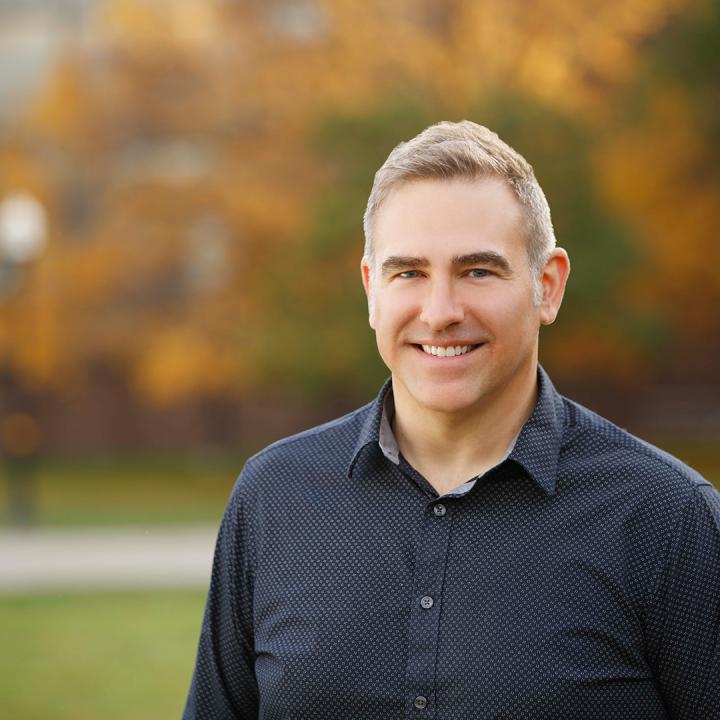
MS with Professional Teaching Certification
Generous Scholarships Available
Online Learning Options
Choose Your Own Pace
Long-term teaching positions in New York State public schools require you to obtain professional certification. Have you considered pursuing this credential through a master’s degree that will allow you to also add some new specializations, to make you more effective with special student populations and more attractive to schools? Or, do you want to use this opportunity to get a jump start toward school leadership credentials, or to explore special interests.
All of these paths are available at Warner. You can also choose some online courses to significantly reduce your trips to campus, and take advantage of our scholarships to make the program affordable.
All of the programs described below are designed for individuals who already have New York State initial teaching certification and seek a state-approved master’s degree leading to New York State professional certification.
Key Program Features
- Meets All Coursework Requirements for Professional Teaching Certification: In addition, you will need to pass the required state exams and complete the three-year teaching requirement.
- Many Options Available: To best meet your interests and career goals.
- Flexible: Coursework can be completed in two years of part-time study while holding a teaching position, starting any semester, OR less than 16 months of full-time study if starting in summer. Programs that include student teaching may require full-time study for a semester.
- Focus on Content-Specific Innovative Teaching: All options include at least four courses designed to help you improve your teaching practices.
- Online Offerings: You can take some of your courses online to reduce trips to campus.
- Opportunities to Add Specializations: With few additional credits, you can pursue an Advanced Certificate in Urban Teaching & Leadership or an Advanced Certificate in Digitally-Rich Teaching to strengthen your effectiveness with diverse learners and make you more marketable.
Prerequisites (as required by NYS)
- A New York State initial teaching certification.
- If you are also pursuing certification in a new area, there may be additional content prerequisites. Visit the page for each specialty area for details; see the list below.
Scholarships, Tuition & Financial Aid
Partnerships and Career Pathways
Questions?
Master’s Programs Preparing for Teaching Certification in A NEW AREA
If you complete any master’s degree program leading to a new NYS teaching certification, it will count as also meeting the coursework requirements for professional certification in your original area of specialization. As an already certified teacher, you can enroll in special “expedited” master’s programs to obtain NYS initial and professional certification in a new area, provided that you have the necessary content prerequisites.
Master’s Programs Focusing on Your Area of Specialization
New York professional teaching certification in your current area can also be achieved through a state-approved master’s degree which focuses on improving your teaching practices within your current specialization. At Warner, we have many options for you to choose from, depending on your specific interests and whether you would like to concurrently pursue additional specializations, such as in urban education, digitally-rich teaching, leadership, inclusion, or teaching students in different grade levels. We also have a distance option for you to choose from. With the exception of the inclusion option, these master’s degrees require only 30 credits of coursework and no internships nor additional prerequisites.
Birth - Grade 6
Grades 7-12
All Ages
Customize Your Degree
Our degrees are designed to meet your interests and career aspirations. Whether you want to add an advanced certificate or specialize in a distinct area of emphasis, we can help craft the best option for you.
Ready to Apply?
University of Rochester Teacher Residency Programs
ROC Urban Teaching Fellows Program and Monroe Regional Teacher Residency Consortium are a paid teacher residency programs designed to collaboratively prepare and sustain skilled teachers to effectively serve the varied needs of students, families, and school communities.
- 1 year paid teacher residency while studying
- $15,000 toward tuition
- Earn your Master's in Teaching with Initial Certification
Take a Course Before You Apply
Take a course before you apply to one of our programs for a discounted price. Inquire with admissions to learn about credits that also apply toward degree requirements.
Related Advanced Certificates
Opportunities for additional specializations with minimum additional credits required.
- NYS Certification in Teaching Students with Disabilities
- Advanced Certificate in Urban Teaching and Leadership
- Advanced Certificate in Digitally-Rich Teaching
- NYS Certification in TESOL
- Advanced Certificate in Teaching Students with Significant Disabilities (10 credits)
Related Degrees
- Master's Programs in Teaching Without Certification
- Programs Leading to New York State Professional Certification
- Doctoral Programs in Teaching
- GRADE Program for Undergraduate Applicants

